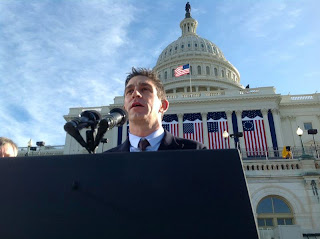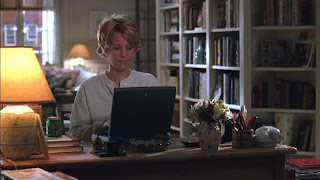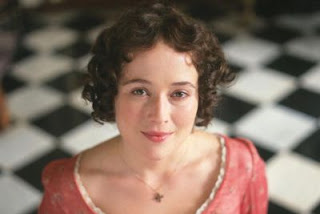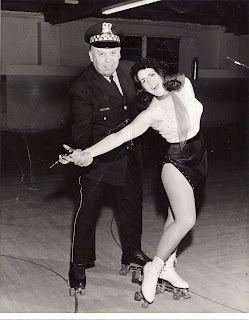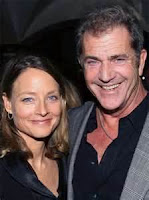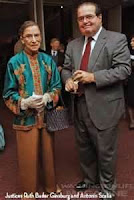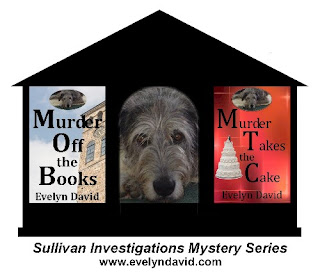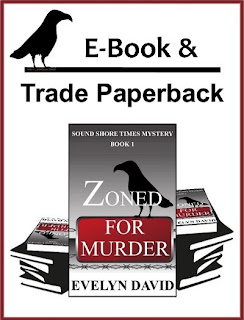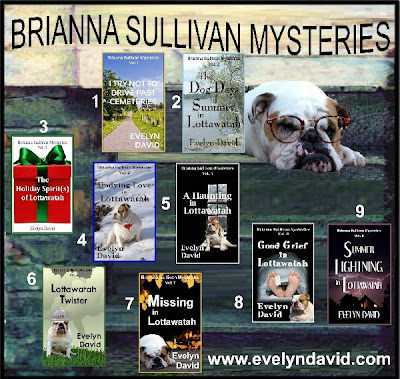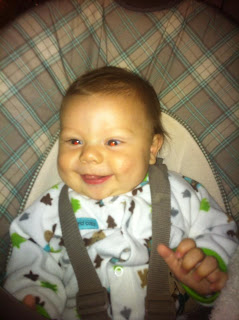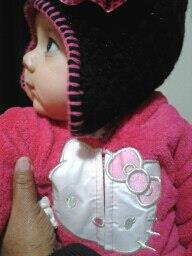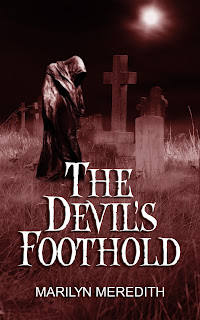by Linda Rodriguez
I’m a hyphenate writer. Poet-mystery novelist. One foot
stands in the airy-fairy literary world of poetry, where I’ve published two
books, many individual poems, and won some national awards, while the other is
planted firmly in the down-to-earth storytelling of mysteries and thrillers
where all the loose ends have to be tied up or explained and where I’ve been
very fortunate also. Although I love both worlds and have wonderful friends in
both, as well as people who have mentored and helped me, I’ve come to realize
there’s a real difference—and this past week brought that home with a sting.
The poetry world—or “po-biz” as we poets tend to refer to it
to mark the difference between writing the poems and building the career by
publishing, winning awards, getting tenure, booking readings, etc.—is very
competitive. At least, the establishment academic poetry world is highly competitive.
The side niches where you will find most of the African American, Asian
American, Latino, or Native American poets are highly cooperative and
collaborative, real communities, and their members usually don’t get the plum
positions or lucrative honors.
The world of mysteries, where there is more money and a vastly
larger number of readers at stake, is surprisingly not cutthroat competitive,
but much more of a cooperative and collaborative community, even though it
would be considered by the po-biz folks to be pretty establishment. From the
beginning, I was blown away by how generous and helpful major writers were
toward the beginner I was, and as I’ve spent more and more time among the mystery
writers, I’ve seen firsthand how super-collaborative they all are.
I still write and publish poetry. In fact, I have another
full-length book manuscript I’ll be sending out for publication in the near
future—to join my other two published collections, I hope. I negotiate the two
worlds with a shake of my head at the differences, and that’s about all. Until
something like last week happens that really brings home to me the absolute difference
in cultures.
I was thrilled to learn that a dear friend and fellow poet, Richard
Blanco, had been selected as the inaugural poet for President Obama’s second
inauguration. I’ve studied and critiqued manuscripts with Richard, and I know
what a gifted poet he is. He has won some of the po-biz’s major awards,
equivalent to the Edgar or Rita, and continues to study and work hard to
constantly challenge himself and improve his art. Plus he’s a genuinely nice
guy, funny and smart and generous—and Latino and immigrant (at four months of
age) and openly gay. Those last qualifiers guarantee that he’s spent a lot of
time in those side-niche poetry communities I mentioned earlier where there’s
much more community and cooperation.
Before the inauguration even took place, there were
rumblings from certain corners of po-biz about his selection. Award-winner or
not, Richard is not one of the usual recipients of this kind of honor. These kinds
of things, like the poet-laureate position of the U.S., are usually reserved
for a handful of old white guys who went to the “right” schools and studied with
the “right” teachers, etc., etc. So obviously, even though he had great
credentials, he couldn’t possibly be good enough for this job. He didn’t fit
the mold.
I read these carpings with little worry. I knew the quality
of Richard’s work, and I knew he would write and read a great poem. When the
inauguration came, he read with great effect a wonderful poem, in which he did
the almost impossible and caught the essence of America on the page. He brought
tears to the eyes of many Americans with his great poem, which caught perfectly
the mood of the moment that, even after terrible things have happened, we will
all pull together and make our country great.
Bare minutes after he finished reading, the insults and
criticizing began on Facebook and soon moved to prestigious blogs. His poem was
trashed, his performance was trashed, and sometimes he himself was trashed. I
came face to face with a very strong expression of the ugly side of po-biz. One
academic poet even admitted at the beginning of his attack, “I wanted to hate
[the poem.]” He ended with a suggestion that Richard should have inserted some exciting
profanity to liven up the poem and make it a little bit hip (completely
ignoring the occasion for which the poem was written at which “exciting
profanity” would have been totally inappropriate, if very hip).
So this past week I’ve been living more in the poetry world
than the mystery (and other commercial novel) world. I
wrote a blog lamenting
the situation and the way poets tend to eat their own at the slightest excuse
and how the egos of poets are so often poetry’s worst enemies.
I’ve had a lot of support for this from poets of the
side-niche, collaborative communities of poetry—and even from some of the
po-biz folks themselves. But I’m ready to quit reading every attack and frothing
at the mouth at the absolute stupidity and cupidity of the remarks.
I’m ready to return to the sane and generous community of
mystery novelists where few, if any, feel that someone else’s professional good
fortune is a threat and an attack on their own lives, where writers are more
likely to extend a hand in congratulations to someone else getting an award
rather than to sling mud at her or him. I’m eager to return to the place where kind
writers with major reputations often offer a hand to those just starting out or
having to start over.
And I’m here to tell my friends who are writers and readers
in this great community—you don’t realize how good we have it here. Just take a
look across the way at po-biz and thank your stars or guardian angels that you’re
novel writers and readers and not poets.

